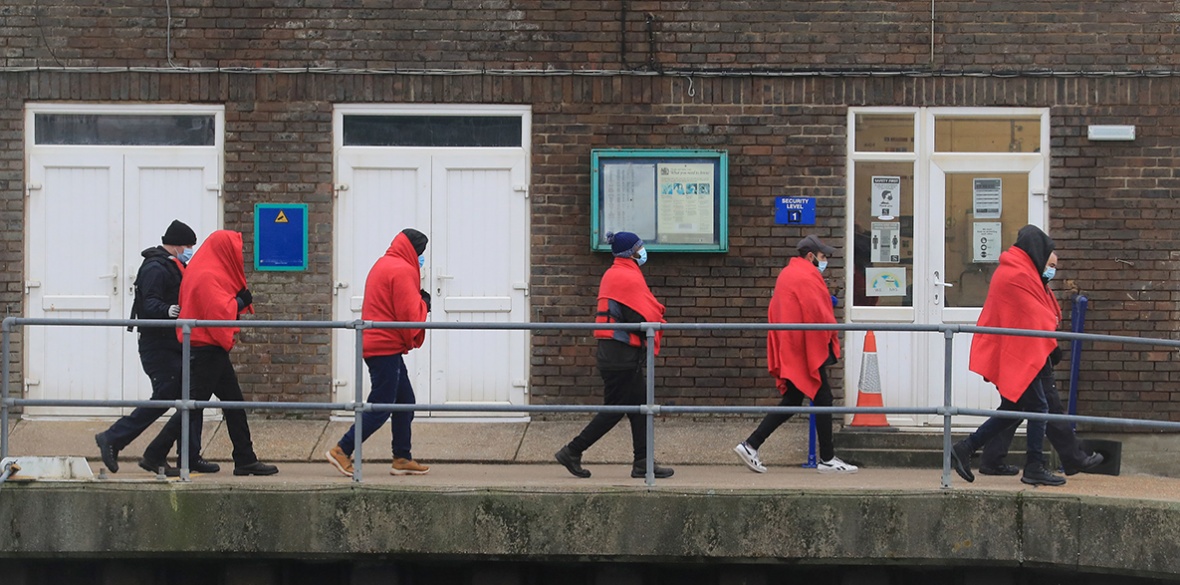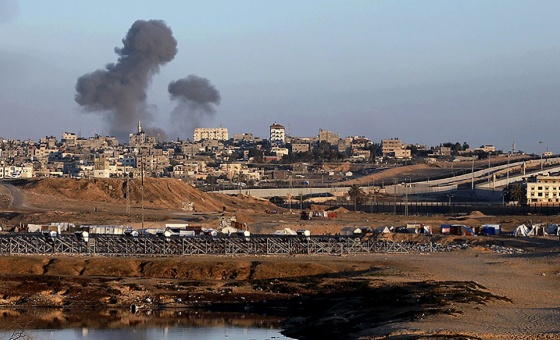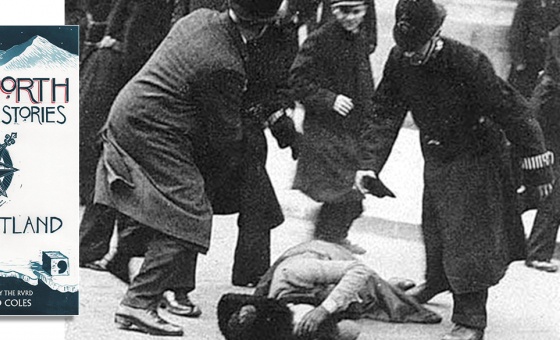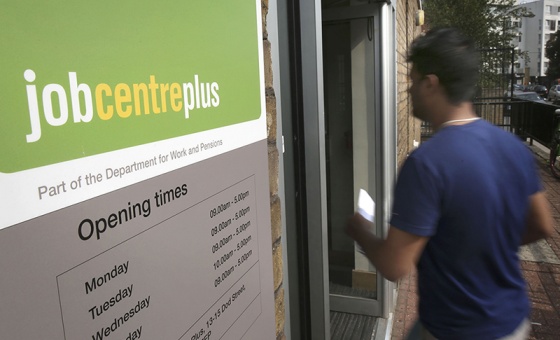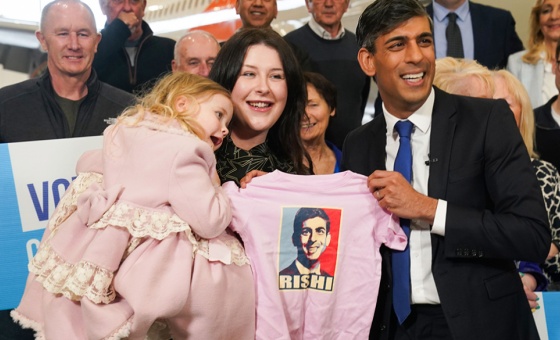This is the last article you can read this month
You can read more article this month
You can read more articles this month
Sorry your limit is up for this month
Reset on:
Please help support the Morning Star by subscribing here
NEW research on media coverage of migration during the pandemic has revealed a “concerning tendency” by journalists to portray migrants as either “threats” or “heroes.”
The research by Migrant Voice, an organisation focused on allowing migrants to have their say in the media, is the first major probe into British news coverage of migration after Covid-19.
It analyses coverage by nine online platforms – The Sun, The Mail, The Independent, The Guardian, The Express, The Mirror, The Telegraph, the BBC and ITV – during the early stages of the pandemic.
Migrant Voice said it is vital to monitor news coverage in this “unprecedented period,” when the virus is spreading fear and uncertainty around the world.
Its analysis of almost 900 articles found a tendency by media outlets to box migrants into specific categories – such as “Channel-crossers”, “front-line NHS workers” or “asylum-seekers” – and to present them in simplistic ways.
The group claimed that the framing of migrant groups has had a “profound impact” on policy changes.
For example, media calls to scrap the Immigration Health Surcharge and to extend visas for migrant NHS workers – a group branded “heroes” – were followed a few days later by government decisions to implement both policies.
In contrast, less widespread calls on behalf of groups often presented by the media as threats or victims – such as asylum-seekers or migrants with no resource to public funds – were matched by a lack of movement in policy.
Migrant Voice director Nazek Ramadan expressed concern that the “categorisation of migrants as heroes, threats or victims entrenches a narrative that says some migrants are more deserving of rights and respect than others.”
“When you suggest that someone must have a certain job or behave a certain way to be worthy of a place and fair treatment in the UK, you undermine the idea that ‘we are all in this together’,” she said.
The report concludes that while there has been extensive media coverage of migration during the pandemic, this did not result in the “radical policy changes” that migrants-rights groups had hoped for.
“Covid-19 was not ‘the great leveller’ that some hypothesised,” the report says.

